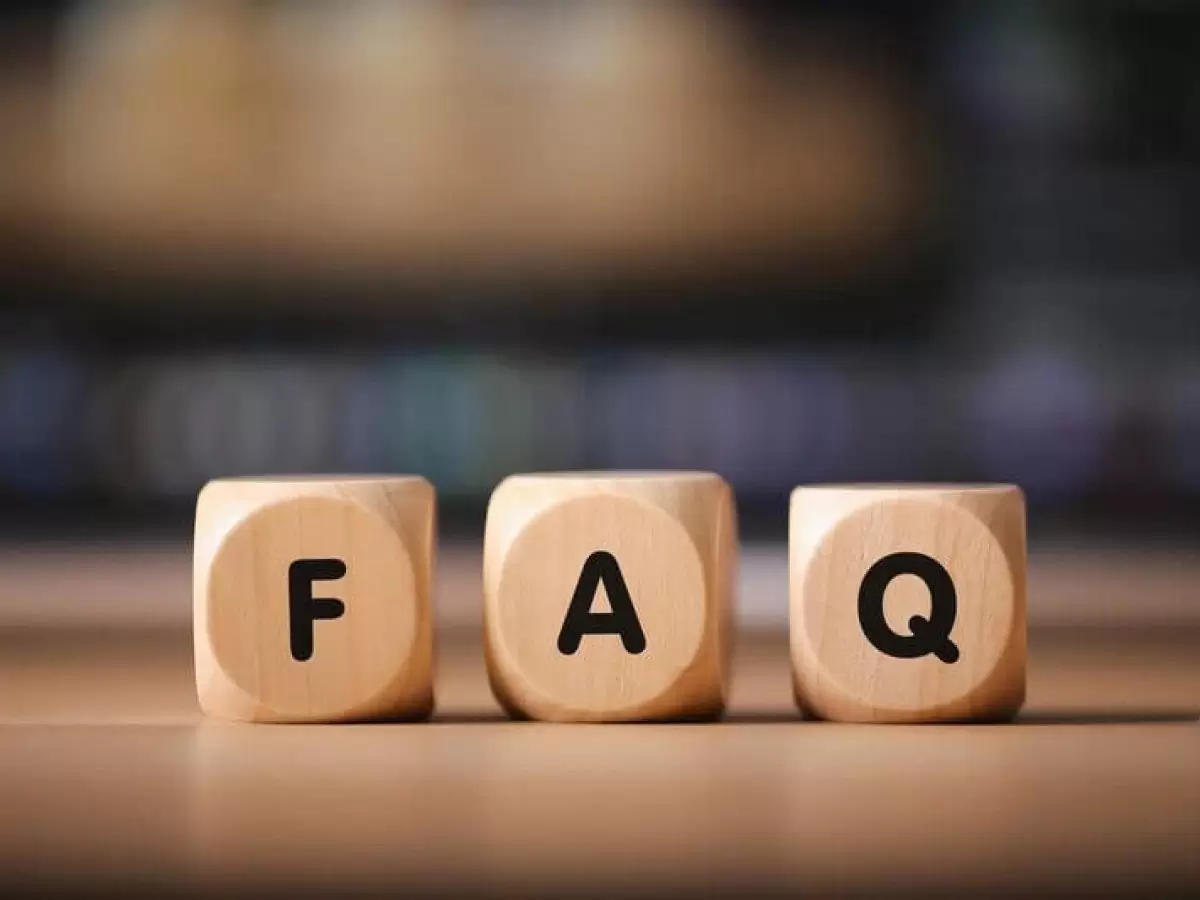Frequently Asked Questions on Finance Expert Witness

In a money laundering case, an expert financial witness may offer the most significant facts and explanation of accounting and financial records for the prosecution to convict the defendant of these unlawful crimes. However, for an expert to continue in the case, they must meet specific criteria in their qualifications that demonstrate they are up to the task.
Knowing what to expect from a finance expert witness during the cross-examination phase is essential for a lawyer representing a client in a civil lawsuit. Here are some of the most frequently asked questions.
Reliability of the expert’s methodology
The reliability of the expert’s methodology is an essential aspect of expert witness finance testimony. The judge’s job is to determine whether the expert’s opinion is credible and relevant. Moreover, the reliability of the expert’s testimony is a factor in determining the application of Federal Rules of Evidence, particularly Rule 5-702.
The Daubert test, while widely recognized as a guideline for establishing the credibility of expert testimony, is not without problems. For example, it is only sometimes possible for a judge to evaluate the reliability of an expert’s methodology. It is because the method, rather than the conclusion, is the primary determinant of the reliability of the expert’s testimony. The testimony is only reliable if the process supports the expert’s decision.
In addition, if the conclusion is based on an unreliable methodology, it is also likely inadmissible. An outlying determination, for example, may invalidate expert testimony if the method does not explain the reasons for the conclusion.
Cross-examining counsel
Cross-examination of expert witnesses requires special preparation. The prosecutor needs to test the expert’s hypothesis in a cross-examination. It is an opportunity to ensure that the expert’s opinion is clear, logical, and objective. It is also a chance to make sure that the evidence presented is the most effective.
It is essential to clear up misunderstandings when dealing with complex legal issues. For example, a defense expert may make unsubstantiated claims about using breath test machines. In these cases, the prosecution will need to limit the amount of information provided to the expert.
In some cases, the expert must be questioned by both the prosecution and the defense. During this process, the prosecutor should explain the background of the work. They should also specify any issues that need to be addressed. Often, these will be dealt with in a joint conference.
In any case, the prosecutor must be clear on whether the witness can give impartial evidence. In addition, they should disclose any potential conflict of interest.



